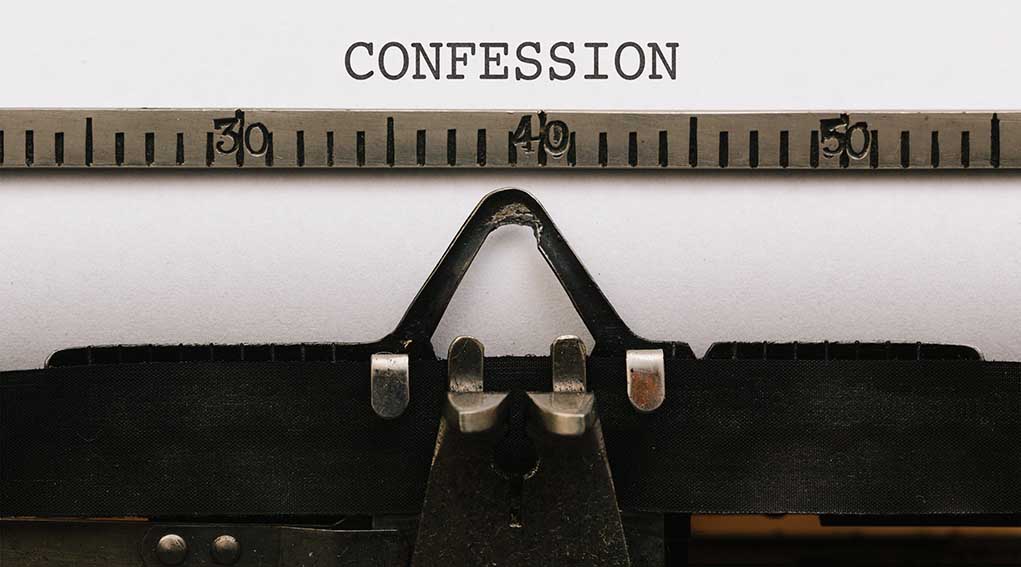
Japanese crime boss Takeshi Ebisawa’s confession in a U.S. federal court has unveiled a complex network of nuclear material trafficking that spanned countries and crisscrossed the underworld.
At a Glance
- Japanese crime boss Takeshi Ebisawa confessed to nuclear trafficking in a U.S. court.
- Ebisawa planned to sell uranium and plutonium from Myanmar to Iran.
- The operation involved law enforcement from multiple countries, leading to Ebisawa’s arrest.
- He faces charges including nuclear materials trafficking, drug smuggling, and weapons dealing.
Operation and Arrest
Takeshi Ebisawa, a notable figure in Japan’s criminal underworld, attempted to sell uranium and plutonium mined in Myanmar. These materials were intended for Iran’s nuclear weapons program, reflecting the serious global security threat. The investigation, a sting operation orchestrated by the DEA and international partners, resulted in Ebisawa’s arrest in Manhattan in April 2022.
The operation’s success was due, in part, to Ebisawa’s meetings with undercover agents posing as potential buyers. These interactions ultimately led to the operation’s unraveling, with the DEA source posing as an Iranian general.
Japanese Yakuza Leader Pleads Guilty to Nuclear Materials Trafficking, Narcotics, and Weapons Chargeshttps://t.co/fXF7hSvoCN
— National Security Division, U.S. Dept of Justice (@DOJNatSec) January 8, 2025
Consequences and Charges
Ebisawa’s criminal activities extended beyond nuclear trafficking. He faces serious charges following the arrest, including trafficking nuclear materials, drug smuggling, and money laundering. His enterprises also engaged in the sale and distribution of heroin and methamphetamine across international borders.
“Today’s plea should serve as a stark reminder to those who imperil our national security by trafficking weapons-grade plutonium and other dangerous materials on behalf of organized criminal syndicates that the Department of Justice will hold you accountable to the fullest extent of the law” – Assistant Attorney General Matthew G Olsen
The ongoing investigation has highlighted the collaborative efforts of law enforcement in Japan, Thailand, and Indonesia, demonstrating a shared commitment against international crime. These charges could lead Ebisawa to face life in prison.
Wider Implications
The implications of Ebisawa’s activities are significant. The U.S. Treasury Department has previously frozen assets of the Yamaguchi-gumi, Japan’s largest Yakuza gang, emphasizing the international reach of Ebisawa’s network. His arrest signified a substantial blow to organized crime networks engaged in trafficking dangerous materials.
“The defendant stands accused of conspiring to sell weapons-grade nuclear material and lethal narcotics from Burma, and to purchase military weaponry on behalf of an armed insurgent group” – Assistant Attorney General Matthew G. Olsen
As the legal proceedings advance, Ebisawa’s future remains uncertain, with a potential life sentence looming. This case sets a precedent for tackling organized crime with global ramifications.











